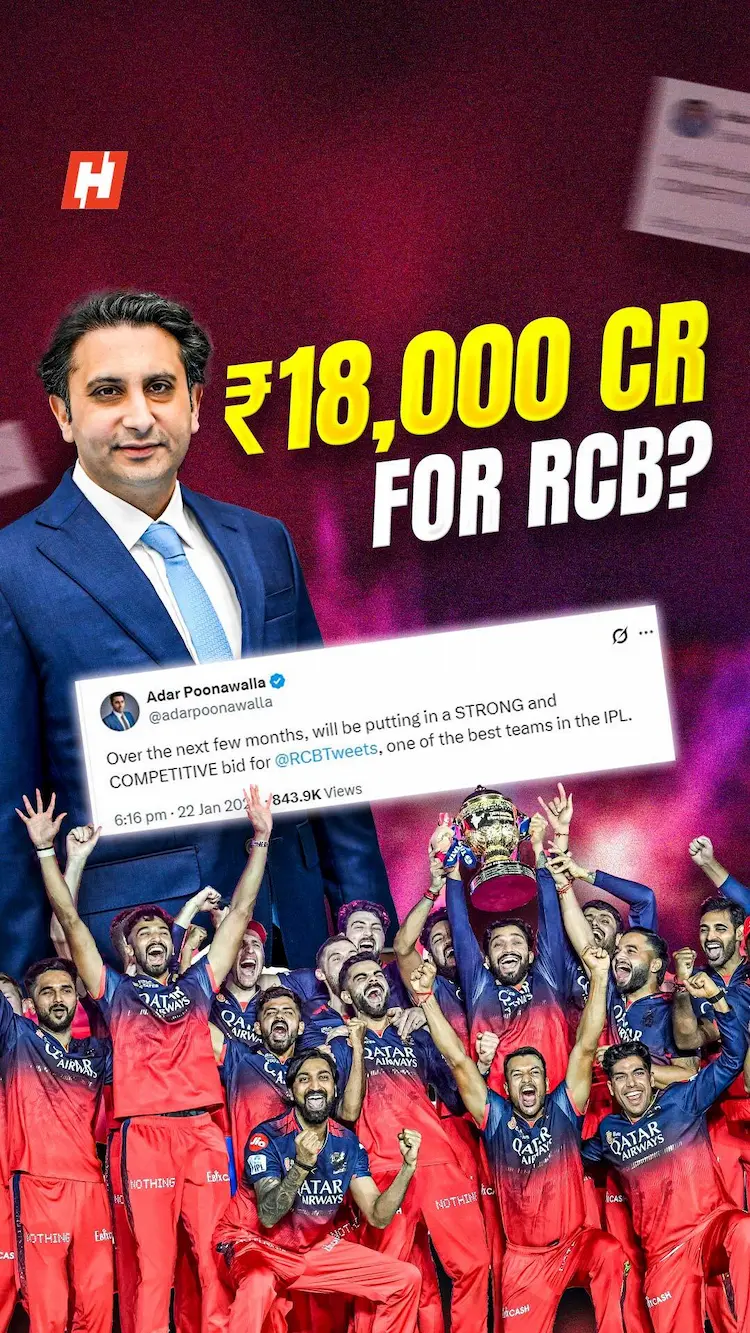Cricket Rewind: March 23 - Australia win second successive World Cup
Some wins are special. Some wins are dominant. And then there are wins that define an era. March 23, 2003, was one such day—a day when Australia didn’t just win a World Cup but crushed the opposition so ruthlessly that it sent shivers down the spine of world cricket.
The final in Johannesburg was supposed to be a battle, a showdown between the world’s best team and an Indian side riding high on momentum. But what followed was not a contest; it was an exhibition of absolute supremacy. Ricky Ponting, the Australian captain, led a merciless assault on India’s bowling attack, smashing an unbeaten 140 off 121 balls. He didn’t just bat; he destroyed. His innings was filled with towering sixes, ferocious pulls, and shots that demoralized the opposition.
Alongside him, Damien Martyn played an innings of sheer courage. Nursing a fractured finger, he defied pain and expectation, crafting a flawless 88 in a record 234-run stand*. Australia ended with 359/2—the highest total ever in a World Cup final.
For India, the dream began to crack before they could even blink. The man who had carried their hopes throughout the tournament, Sachin Tendulkar, was dismissed for just 4 in the very first over. Glenn McGrath, with his ice-cold precision, had delivered the killer blow early. The silence in the stands spoke louder than the roar of Australian celebrations.
From there, India’s chase never took off. Sehwag fought, but the pressure was relentless. The Aussies, a well-oiled machine, dismantled India for 234, winning by a massive 125 runs.
This wasn’t just a World Cup win. It was Australia stamping their authority on world cricket. A second successive title. A record-breaking final. A team that seemed untouchable.
Over the next decade, teams would rise and fall, but on March 23, 2003, one thing became clear—Australia weren’t just dominant; they were invincible.









